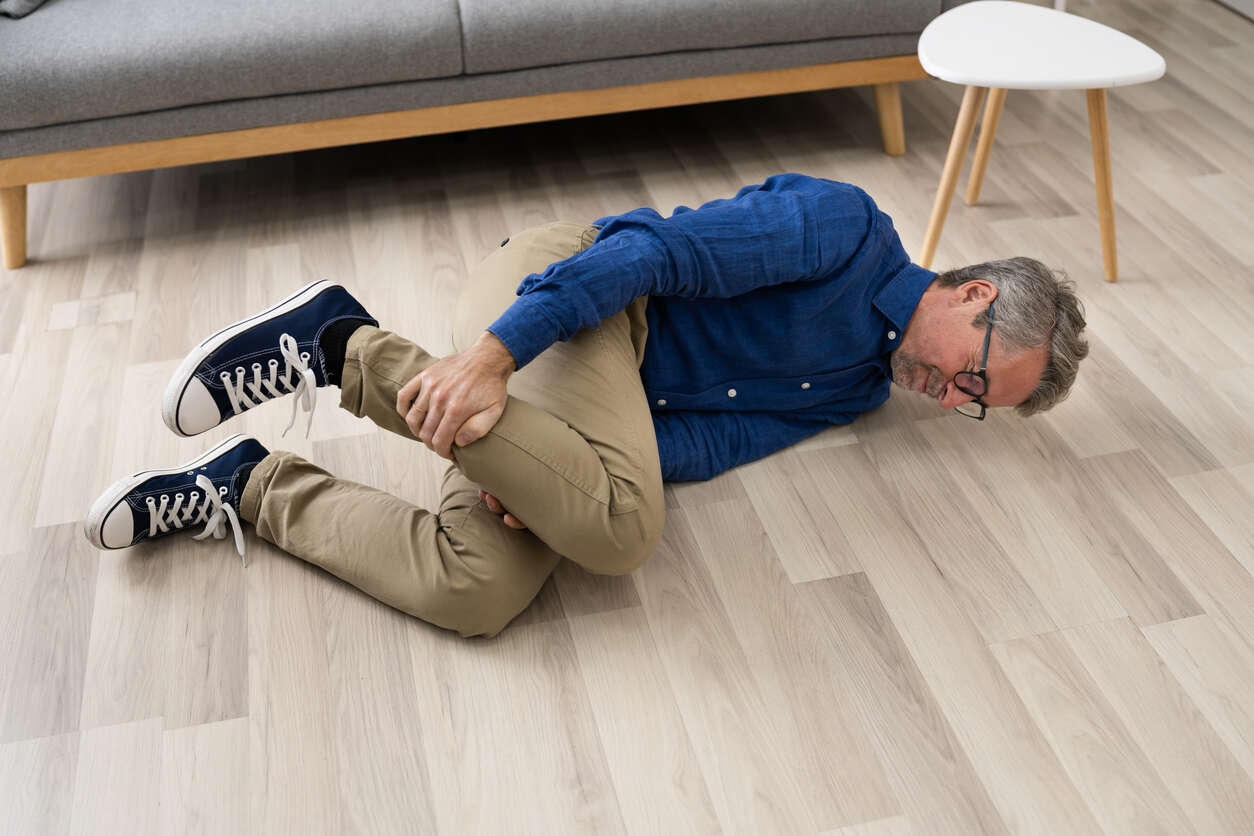Premises liability law in Georgia centers on one core concept: responsibility. Property owners have a legal duty to keep their premises reasonably safe for those invited onto the property. When they fail to uphold that duty and someone gets hurt, they may be held liable under Georgia law.
However, not every hazard gives rise to a valid legal claim. For a premises liability case to succeed, the injured person must show that the condition was “unreasonably dangerous” and that the property owner knew or should have known about it. Understanding what this means and how it applies to specific situations, such as slip-and-fall incidents, falling objects, and structural dangers, can help injured individuals make informed decisions about their legal options.
Slip-and-Fall Injuries and Poor Maintenance
Slip-and-fall injuries are one of Georgia’s most common types of premises liability claims. These incidents happen in grocery stores, restaurants, office buildings, or public sidewalks. What may seem like a minor hazard, such as a wet floor or an uneven surface, can lead to serious harm if left unaddressed.
To hold a property owner liable for a slip-and-fall, an injured person must prove that the hazard was dangerous and something the owner knew about or should have discovered through reasonable inspection.

This might include:
- Failing to clean up spills within a reasonable time.
- Not marking wet or freshly mopped areas.
- Allowing torn carpet or broken tiles to go unrepaired.
- Ignoring complaints about slick or uneven walkways.
In these situations, courts may find the property was unreasonably dangerous due to poor maintenance or failure to warn visitors.
Falling Objects and Unsafe Displays
Falling merchandise or improperly secured objects pose serious risks in retail and warehouse environments. Georgia courts have held that stores must stack, display, and store items in a manner that does not endanger customers. If a business places heavy boxes on high shelves without securing them or stacks products in an unstable way, it may create an unreasonably dangerous condition.
Liability can also arise when staff fail to inspect display areas or ignore reports of items being precariously placed. If a customer is struck by falling merchandise, it is essential to document the scene and speak to witnesses, as these details can strengthen a legal claim.
Structural Hazards and Dangerous Property Conditions
Some of the most severe premises-related injuries occur because of structural issues. These may include broken stairs, unstable balconies, faulty handrails, or collapsing ceilings. Property owners, especially landlords, business owners, and commercial property managers, are expected to maintain the safety of their buildings and address known risks before they cause harm to visitors.
Structural hazards are often considered unreasonably dangerous when they are caused by failure to repair, a lack of proper inspections, or noncompliance with building codes. These conditions usually worsen over time, making it more difficult for a property owner to claim they were unaware of the danger.
Call Our Atlanta Premises Liability Attorney Who Understands What You Are Facing
If you or someone you love was seriously harmed due to a dangerous condition on someone else’s property, you may be entitled to financial recovery. At Ashby Thelen Lowry, we understand how to evaluate unsafe property claims, gather critical evidence, and advocate for the justice you deserve. Visit our Atlanta personal injury attorney today, or call us at (404) 777-7771 or schedule online for a free consultation. We will walk beside you and fight for the results your case demands.
